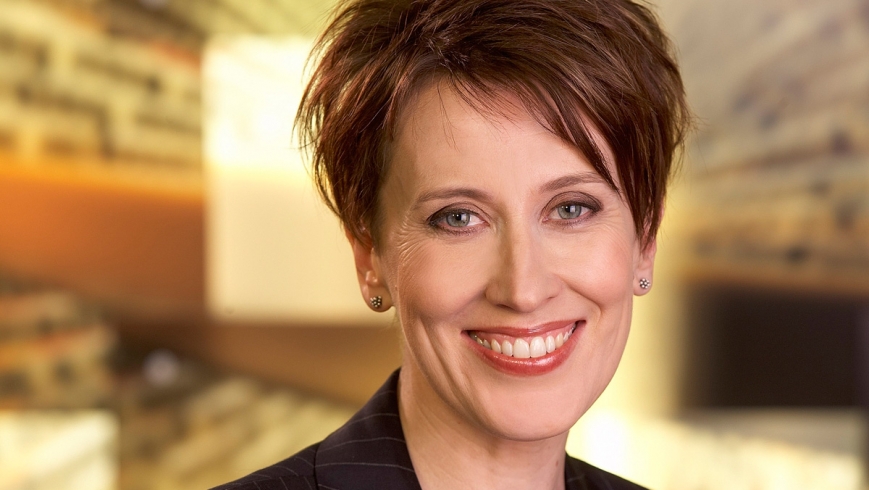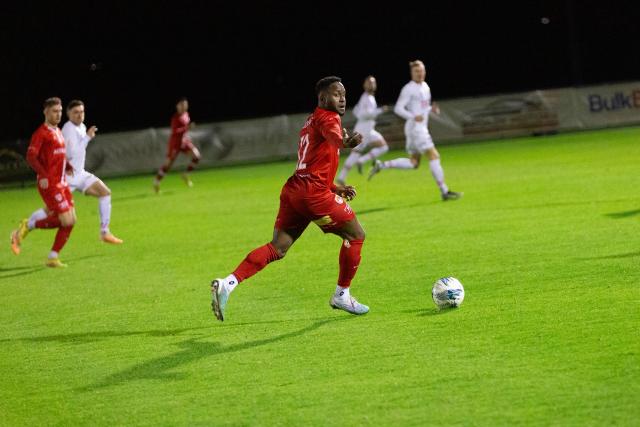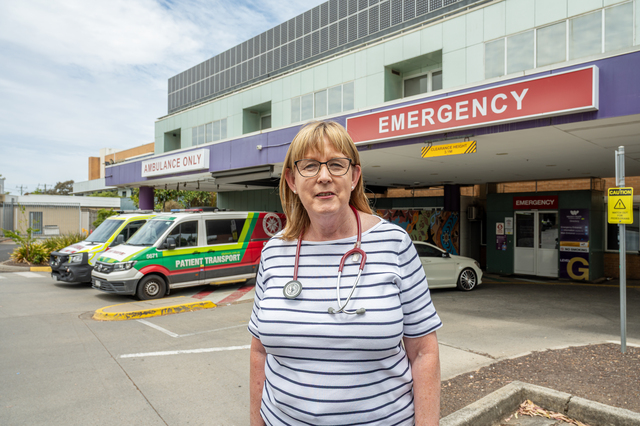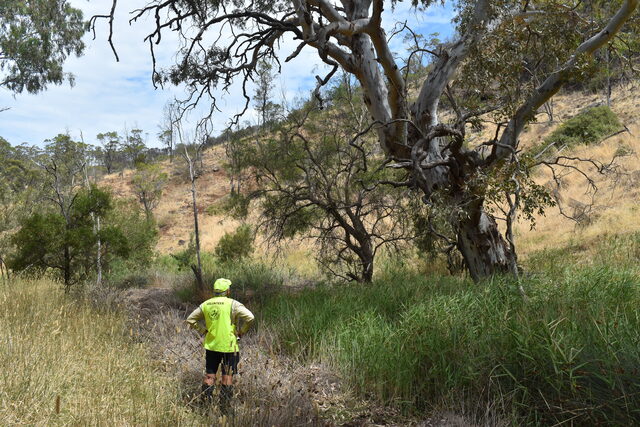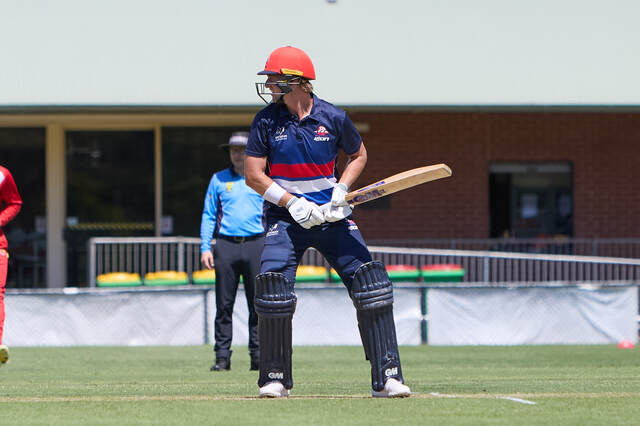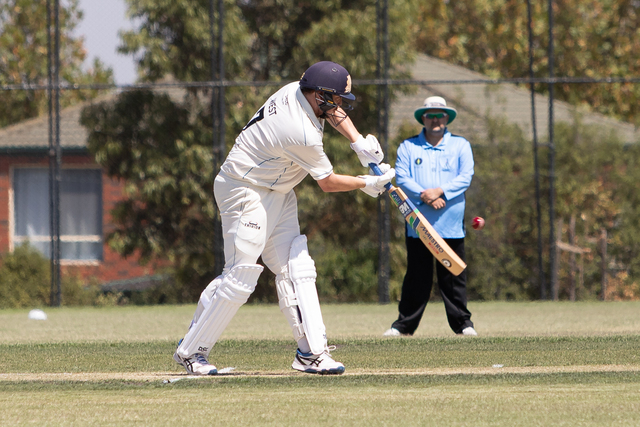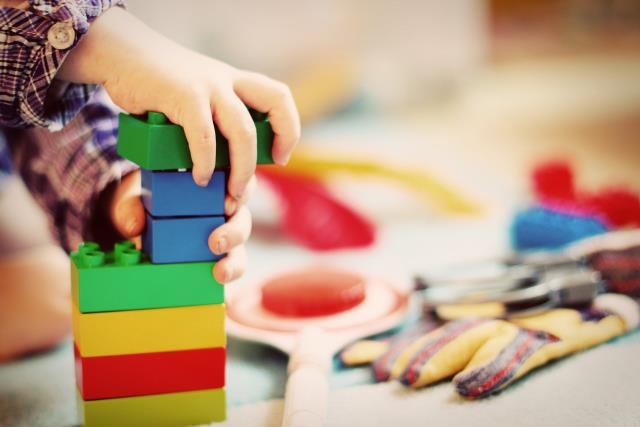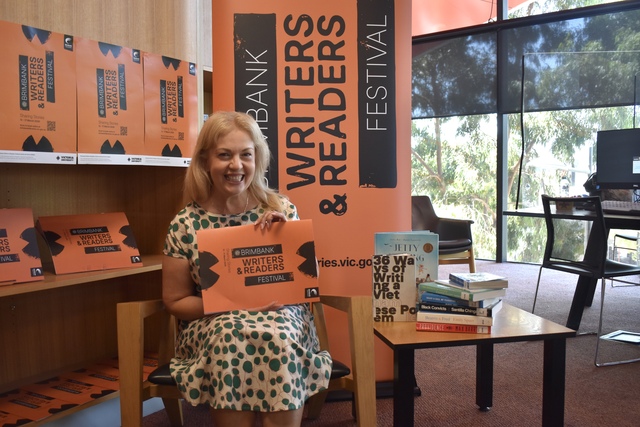Something has changed. There’s a quiet and serious sense of purpose as we approach International Women’s Day this year and, for the first time in my lifetime, I just don’t sense the eye-rolling or sneering that would often greet this important marker of women’s access and equality.
That something is actually a someone: Rosie Batty, about whom I have written before, has changed us, has changed this day and has completely changed the tone of the discussion about gendered violence, the origin and prevalence of male contempt for women, and a women’s right to live free of fear. After her year of horror and her year of bravery, any discussion of a woman’s right to be taken seriously when she calls out family violence is now done soberly and seriously.
The role of the police and their need to take the matter seriously is now a commonplace; we all gravely acknowledge the need for courts and judges to attend to such matters that come before them with more insight, compassion and immediacy than they perhaps have before.
This is a reality and a discussion whose time has finally come, and this International Women’s Day will represent a high water mark in the recognition of this outrage.
The London School of Economics has just opened a new department researching sexual violence against women in war. Policy makers will look at the role of international criminal courts and investigate ways to prosecute people who carry out sexual atrocities.
The challenge of keeping women safe in war zones and after conflicts will also be considered and it’s deeply saddening that the scholars at the LSE will have no shortage of research projects to consider.
More horrifying is that they will have examples to consider in real time as Yazidi women and children and Nigerian women and children are kidnapped, raped, forcibly married and murdered daily. While you are reading this, another atrocity will have been committed and, by the end of the day, you will be able to read a datelined news report on it. There is no way to avoid the truth of it any more.
Former UN peacekeeping commander Major General Patrick Cammaert has said, “It is now more dangerous to be a woman than a soldier in modern conflicts” and many more institutions are admitting their lack of action in identifying and dealing with sexual violence.
At an ecumenical gathering in London recently, representatives of several faiths acknowledged their silence on the issue and their role in stigmatising survivors. When the church, no matter the kind of church, starts talking about the “weapon of rape” you know a new kind of momentum has been achieved.
As I write this, Sydney man David Marlin has been jailed for nine years for a vicious assault on a train of a mentally ill young woman, whom he punched into submission before sexually assaulting. There will always be sexual predators and there will always be the thugs and the cowards who deliberately select the vulnerable to be their next victims.
Nothing changes there, I fear. But what I think has changed is the spirit of the community in which they try to commit their crimes: it’s not just another act of violence any more, it’s specific and it’s gendered and we are not remaining silent about it anymore.

